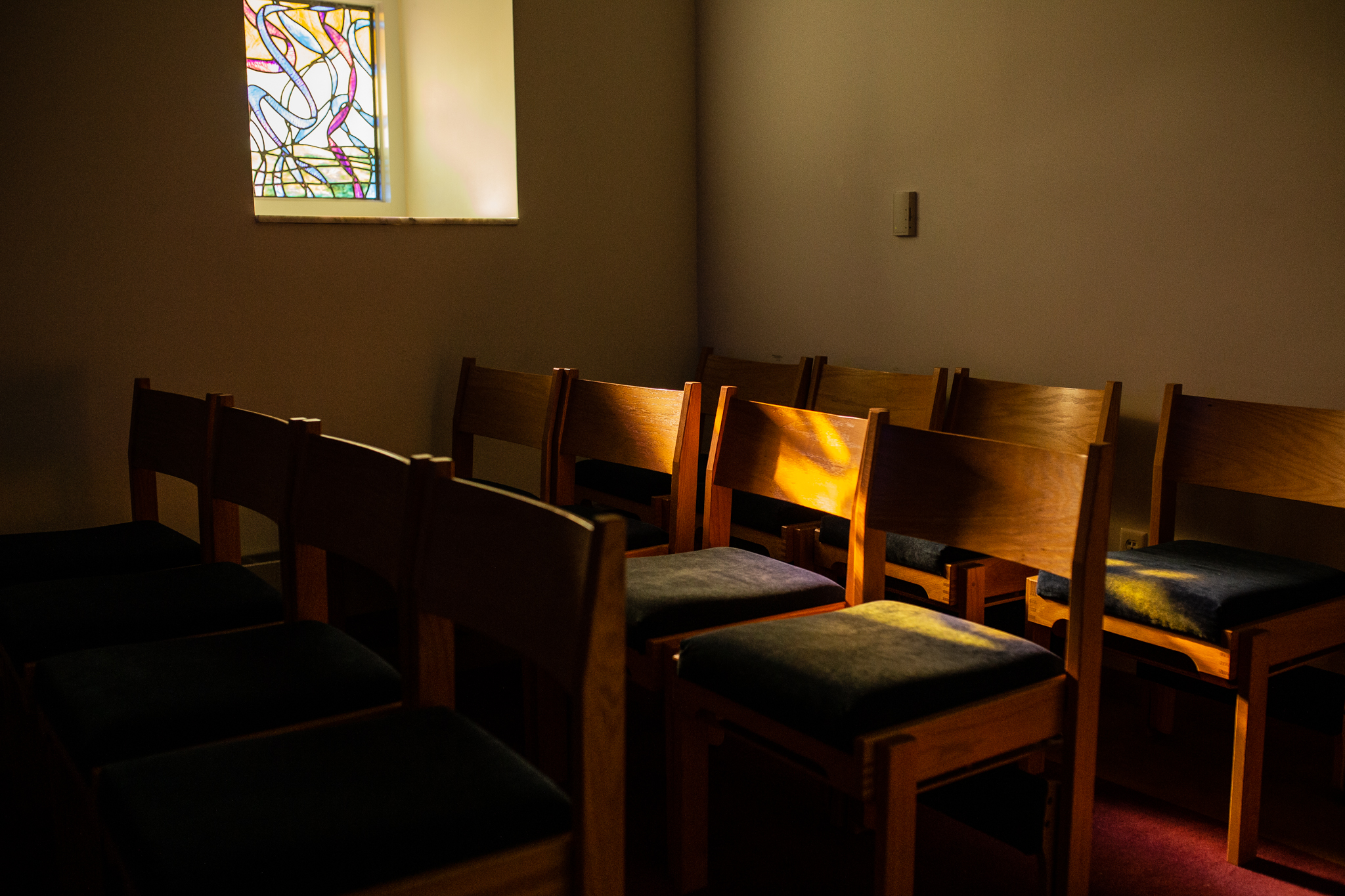This is a piece that sits heavy for me. I have considered writing this so many times, but every time, I’m afraid I won’t do it justice. I don’t know if I will be able to express all of the thoughts and feelings that I have. Not to mention the experiences of countless others on this campus who I know are in similar spiritual spaces to me.
I don’t know when deconstruction became such a touchy subject. I would argue that in many Christian circles, it has become downright demonized. I remember hearing preachers warn about it, and my spiritual leaders allude to it, but I am not sure when exactly “deconstruction” became a bad word.
One of the clearest memories I have of this villainization is seeing a video of the lead singer of Skillet, John Cooper, sharing his thoughts on deconstruction. In a concert in 2022, Cooper said this about deconstructionists: “They have divorced themselves from God, and they want to take as many of you people with them as they can, and it is time for us and your generation to declare war on this idolatrous deconstruction Christian movement. They are ripping all of our kids off.” This villainization is an easy way to write off the issue. It is an easy way for Christians and Christian institutions to turn their eyes away from real issues. By blaming Satan, they deflect any blame from themselves. Deconstruction is not that simple.
Similar rhetoric has floated around evangelical circles over the past couple of years. Another common idea surrounding deconstruction is that those who are deconstructing never had an understanding of God or scripture. According to Cooper, “We have a generation of young people who have not been taught the basic principles of the word of God.” This particular claim is one that I do not understand. Every person I know deconstructing grew up studying scripture intensely, attending church, and doing personal faith practices to both know about God and to know God. Most of us were the kids who knew all the answers in Sunday school. Most of us even chose to attend a Christian university to deepen this understanding. The issue is not that we don’t know Jesus or his word. The issue is that we do know Jesus, and we see neither him nor the practice of his word in the evangelical circles we were raised in.
I am not attempting to defend the theology of deconstruction or initiate arguments over doctrine. Those are conversations to be had in other spaces with the capability for longer and deeper discussion. I just want to bring understanding to some things that have been taboo for too long in too many places, including on Asbury University’s campus. Deconstruction is not a trend. It is painful. It is complex. No one deconstructing is out to ruin the faith of those around them, as Cooper would claim. Frankly, as someone who is deconstructing, I often miss the days when my faith felt simple and straightforward. But I know to return to those beliefs would not be authentic. By doing so, I would be avoiding the root issue that I can only handle by deconstructing my faith to its roots. Not everyone who is deconstructing is ditching their faith completely, even though the same may choose to do so. A helpful way to view it is this: demolition is different from deconstruction. Demolition would be tearing everything down in one fell swoop. Deconstruction is carefully taking things apart brick by brick and determining where in the foundation there is weakness and where there is strength.
We don’t talk about this, with the exception of vague allusions in chapel that are not in conversation with actual deconstructionists. We most certainly don’t take time to reflect on what is it about the Church or its interaction with the world that is making people in huge numbers leave. I know for me, as well as others on campus, it has made us feel unseen, unheard, and uncared for. People would rather write us off as heathens who want to live the way they want than see us for who we are. We are people so dedicated to our faith that we will painstakingly tear it apart brick by brick to ensure what we practice and believe is true. The easy thing to do would be to walk away. To study at a different school, to stop putting in the work. But we don’t. We are still here doing the hard work. I just ask that you see us. Not just that but that you see us as people. I ask that you have genuine conversations with us instead of labeling us as heretics and brushing us to the side.
And for those who feel unseen or displaced. For those questioning and doing that hard work – here is a blessing from Lutheran pastor Nadia Bolz-Weber. I pray that it touches your heart as it does mine:
“Blessed are they who doubt.
Those who aren’t sure, who can still be surprised.
Blessed are they who are spiritually impoverished and therefore not so certain about everything that they no longer take in new information.
Blessed are those who have nothing to offer.
Blessed are they for whom nothing seems to be working.
Blessed are the pre-schoolers who cut in line at communion.
Blessed are the poor in spirit. You are of heaven and Jesus blesses you.”


